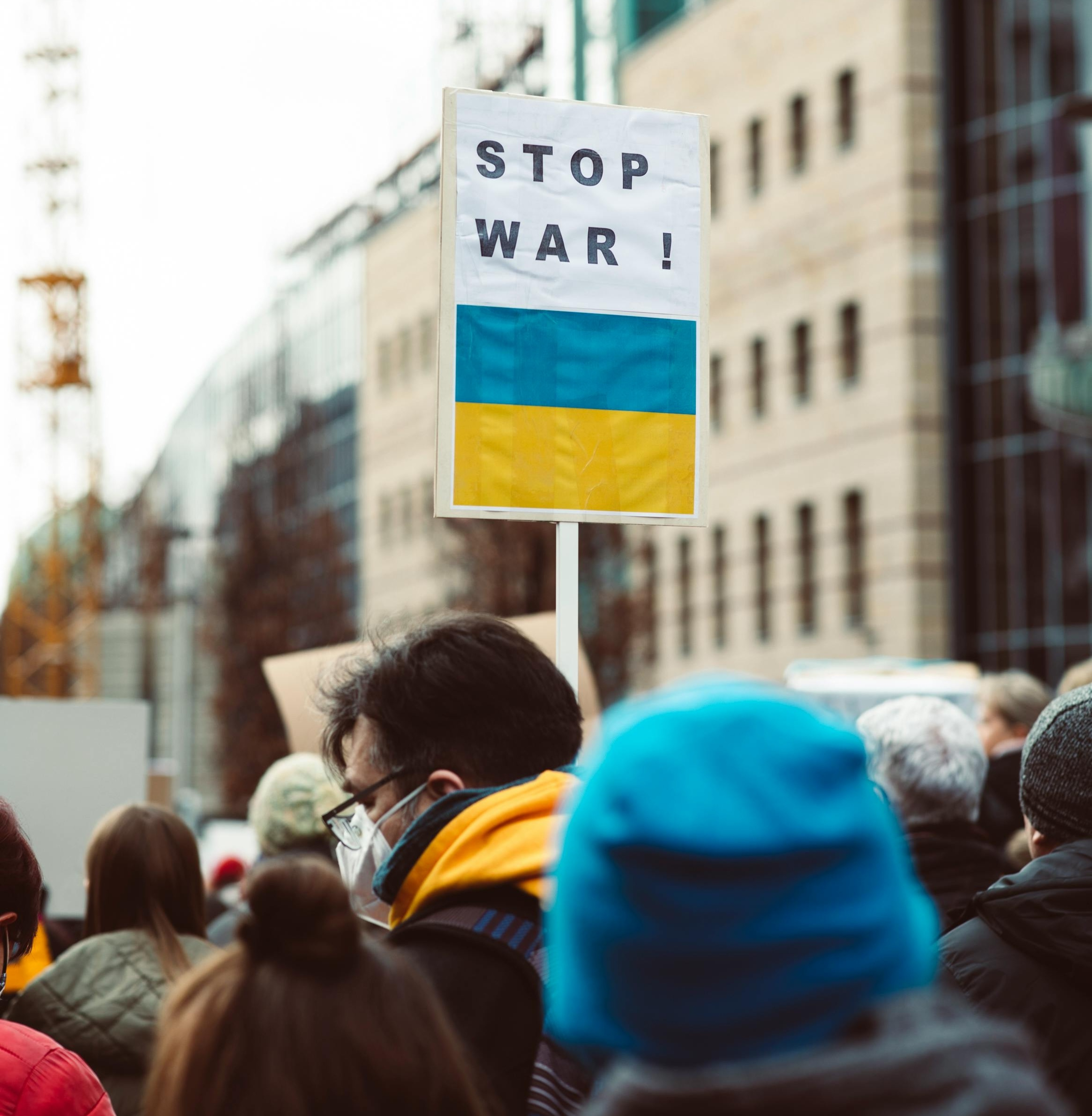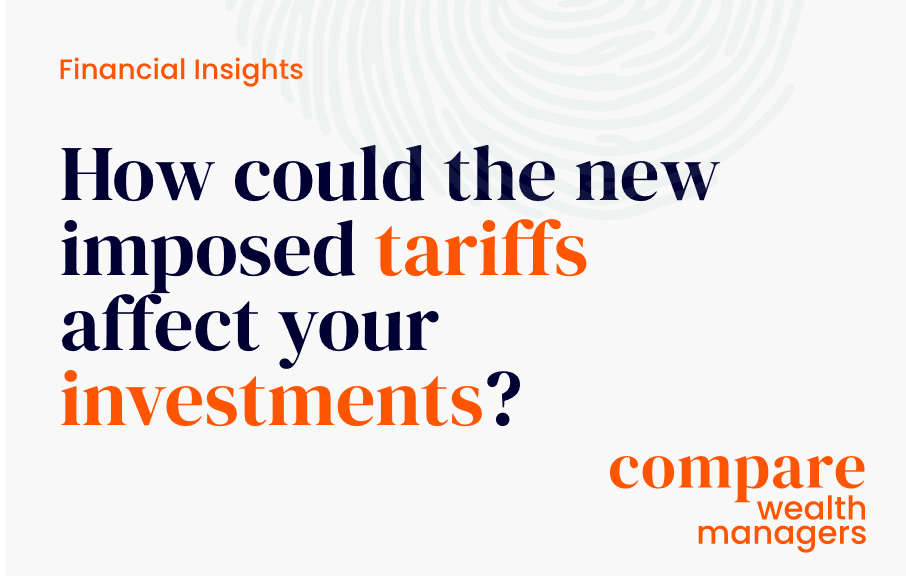Tensions between Russia and Ukraine have entered a new phase, as President Volodymyr Zelensky has publicly offered to meet Russian President Vladimir Putin for direct peace talks in Istanbul on 15 May 2025. The proposed meeting however, hinges on a 30-day ceasefire, a condition Russia has yet to formally accept.
This high-stakes diplomatic overture marks the most significant attempt at dialogue between the two leaders since early 2022. As Zelensky stated over the weekend, “we expect Russia to confirm a full, durable, and reliable ceasefire starting tomorrow, May 12, and Ukraine is ready to meet.” Meanwhile, according to AP News Kremlin sources have confirmed Putin’s openness to discussions, though they stopped short of committing to Zelensky’s terms, highlighting the fragile nature of the negotiations.
Image: PEXELS / Markus Spiske
Markets Respond with Cautious Optimism
Markets are already responding to the prospect of de-escalation. As published by MarketWatch, European defence stocks, including Airbus and Rheinmetall, saw notable declines on Monday following Zelensky’s announcement, reflecting investor sentiment that reduced military tensions could lower defence spending across NATO-aligned economies.
Energy markets have also shown signs of volatility. An example of this could be when previous peace talks have been on the horizon, as published by The Economic Times, Brent Crude markets saw prices fall as the potential additional supply to the market from oil giant Russia could be back on the cards if geopolitical tensions are eased. However recent markets have seen Brent Crude continue to trickle up in price, according to Wall Street Journal, potentially indicating investors caution over the uncertainty that peace talks will indeed come to fruition.
Strategic Implications for Investors
From a strategic investment perspective, even the hint of diplomacy between Putin and Zelensky introduces both risk and opportunity. If talks succeed, even partially, global equity markets could rally on the back of reduced uncertainty. Emerging markets and Eastern European indices would likely benefit from restored investor confidence, while safe-haven assets such as gold may retreat in the short term. For instance, as published by the Times of India, gold prices experienced their worst weekly decline in over two months, falling back from recent all-time highs, as easing trade tensions and mixed U.S. economic signals reduced safe-haven demand.
However, if talks fail or are derailed by military escalations, the opposite could be true. Volatility in commodities, especially energy and agricultural exports, would likely spike, reigniting inflationary pressures in Europe and beyond. The Russia-Ukraine conflict has caused major disruptions in global commodity markets, particularly in energy, agriculture, and fertilisers, largely due to the significant roles both countries play in international exports as published by OilPrice API.
Additionally, the interconnectedness between energy and agricultural commodities has been significantly impacted by the conflict. Studies have shown that the Russia–Ukraine conflict and the sanctions imposed on Russia have substantial effects on the interconnectedness patterns between the energy and agricultural commodities markets. This increased volatility underscores the importance of monitoring geopolitical developments for investors.
The Trump Factor?
Adding further complexity, U.S. President Donald Trump has also indicated he may attend the proposed peace talks in Turkey. Speaking to reporters during his Middle East tour, Trump said, “I would fly there if I thought it would be helpful,” adding that the potential summit “wasn’t going to take place - I insisted that that meeting take place, and it is taking place” as quoted by the New York Post.
While no official agenda has been confirmed, Trump’s potential presence could raise the diplomatic stakes and further spotlight the meeting. Zelensky welcomed the idea, writing on his account on social media platform X: “I supported President Trump with the idea of direct talks with Putin. I have openly expressed my readiness to meet. I will be in Türkiye. I hope that the Russians will not evade the meeting.”
Trump’s presence could serve as a catalyst for greater international engagement or introduce new diplomatic tension. Either way, global markets are watching closely.
A Delicate Balancing Act
As of now, the market’s reaction suggests cautious optimism, but that optimism is tightly tethered to whether the meeting takes place and, if so, whether it produces tangible outcomes. For investors, this is a moment to stay alert. Developments in the coming days could significantly shift the investment landscape, particularly in sectors like energy, defence and emerging markets.
The world has seen previous attempts at de-escalation falter, but the potential for a face-to-face between Putin and Zelensky signals a rare window for diplomacy. Whether that window widens further, or slams shut, remains to be seen.
How are your investments performing? Do you need assistance navigating the market? Wealth managers work daily to reduce risk and maximize returns. If you're looking for the best Wealth Manager suited to your needs, simply click the orange button, and we'll connect you with the right expert to help you achieve your financial goals.




